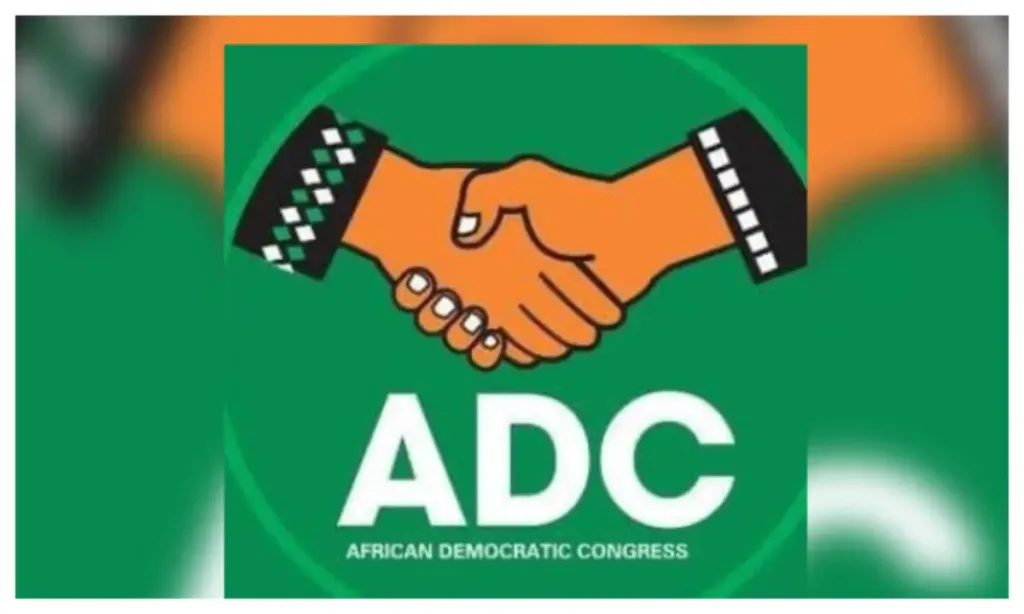The African Democratic Congress (ADC) has extended an invitation to prominent Nigerian political figures, including former presidential candidates Atiku Abubakar and Peter Obi, as well as ex-governor Rauf Aregbesola, to join its ranks—provided they formally sever ties with their current parties. The party’s Non-resigned National Executive Committee (NEC) clarified that such defections must adhere strictly to legal protocols to avoid jeopardizing the coalition’s integrity.
During a press conference in Abuja on Monday, the NEC emphasized that incoming members must submit documented resignations from their former parties and register with ADC branches in their home states, as mandated by Nigeria’s Electoral Act 2022. “Failure to comply risks legal challenges that could destabilize the coalition,” officials warned, underscoring the necessity of transparency in membership processes. The announcement comes amid internal leadership tensions within the ADC, as factions clash over the legitimacy of its acting chairperson.
The NEC reaffirmed Nafiu Bala, formerly deputy national chairman, as the interim leader following the departure of longtime chairman Ralph Okey Nwosu, praised for his “visionary leadership.” However, the committee dismissed claims of Bala’s resignation, labeling a May 18, 2025, resignation letter circulating online as fraudulent. They noted the document lacked official party letterhead and contradicted a July 2 statement by Nwosu confirming Bala’s role. “We denounce unconstitutional attempts to install parallel leadership,” the NEC declared, vowing to pursue legal action against counterfeit paperwork.
Bala is expected to manage daily operations while preparing for a National Convention within 90 days, which will include seeking formal endorsement from Nigeria’s Independent National Electoral Commission (INEC). The party also urged members to report irregularities to its National Working Committee Secretariat and uphold constitutional provisions barring non-members from holding office.
The ADC’s dual focus on expanding its influence and addressing internal governance reflects broader challenges faced by Nigerian opposition parties ahead of future elections. By mandating strict adherence to electoral laws, the party aims to position itself as a credible alternative while navigating the complexities of political realignments in a polarized landscape.
